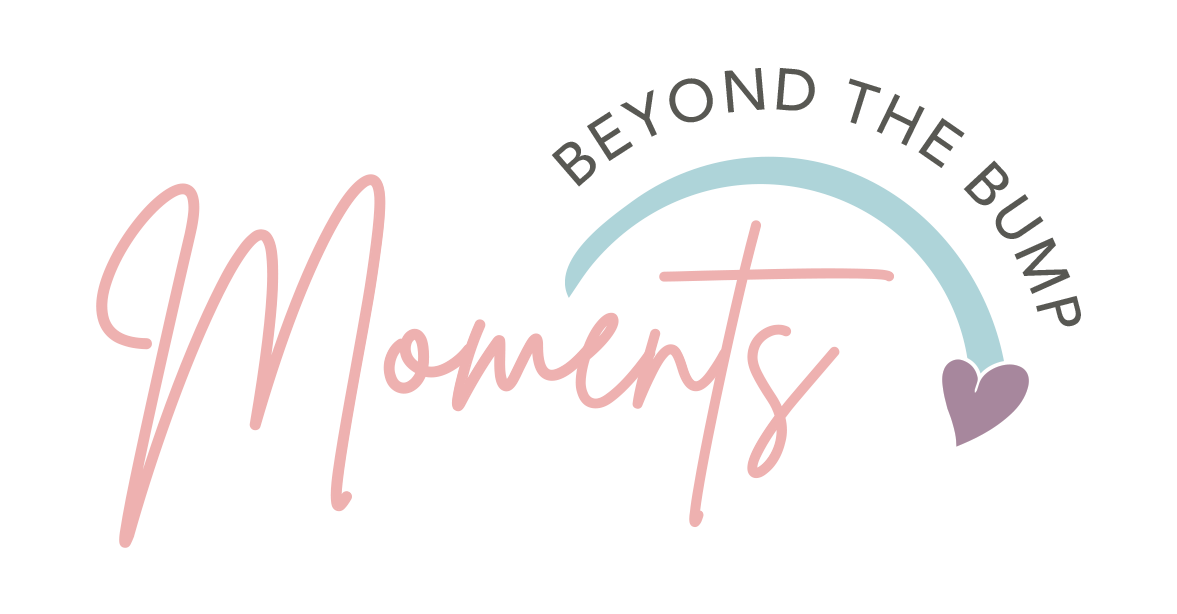Speech and Language Evaluation
Many families are surprised when they bring their toddler in that they are In need of speech and language intervention. Parents chalk up the speech and language related problems to not listening or just a cute "quirk". It Is also common for parents to be focused on a toddler's other medical conditions or therapy needs they overlook those that require speech and language therapy.
A speech and language evaluation should be considered If you toddler:
Struggles to Imitate sounds made by others
The variety of sounds your toddler makes decreases Instead of Increases
Makes only a few or poor quality sounds
Has difficulty following directions
Slow to demonstrate an understanding for new words
Cognitive changes such as decreased memory or problem solving skills
Has difficulty communicating basic needs
Not combining words by 18 months of age
Stops saying sounds or words she had previously mastered
Has difficulty or Is not responding to directions, questions, or conversations with others
Struggles to or Is not able to start conversations with others
Using unintelligible speech after 24 months of age and cannot be understood by those who do not know the child well (50% intelligibility by 24 months; 75% Intelligibility by 36 months)
No speaking In sentences by 36 months of age
Changes In their communication or cognition following an Injury or surgery
A speech therapy evaluation typical Includes:
A parent Interview to discuss the toddler and parent concerns.
Discuss medical history. The speech pathologist will ask questions about your toddler and their family history, birthing history, medical/dental history (I.e. ear Infections, visual Issues, surgeries, etc), contact Information, etc.
Developmental milestones. Discussing when you child met these milestones and when each was met.
Concerns related to communication.
Communication strengths.
Testing. Both Indirect and direct
If your toddler Is demonstrating any of these signs or you are concerned that they are, please reach out for support. We are here to discuss what Is necessary for your toddler's development.
